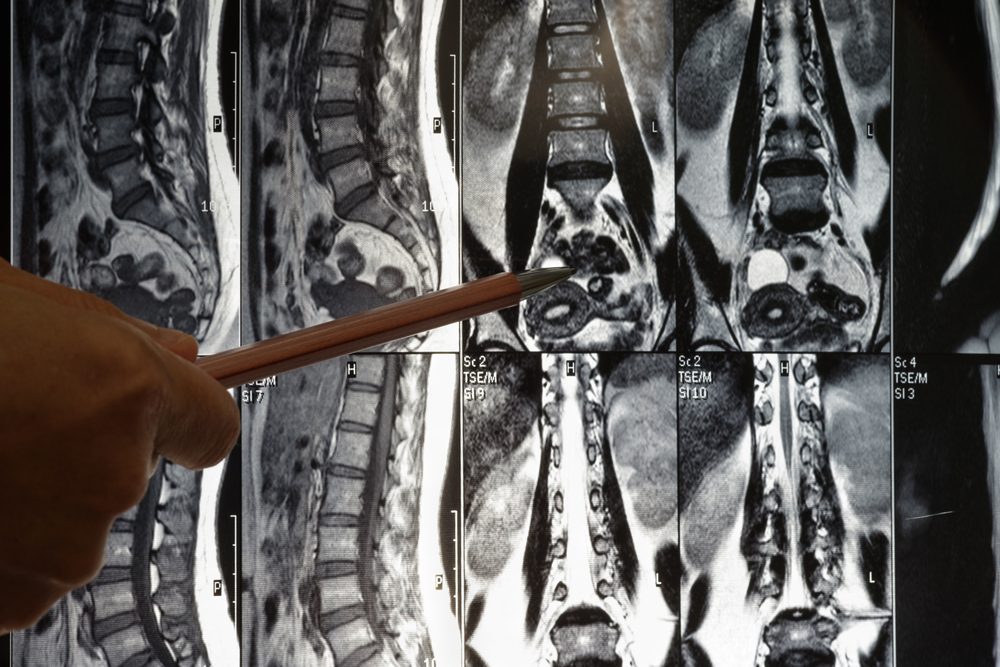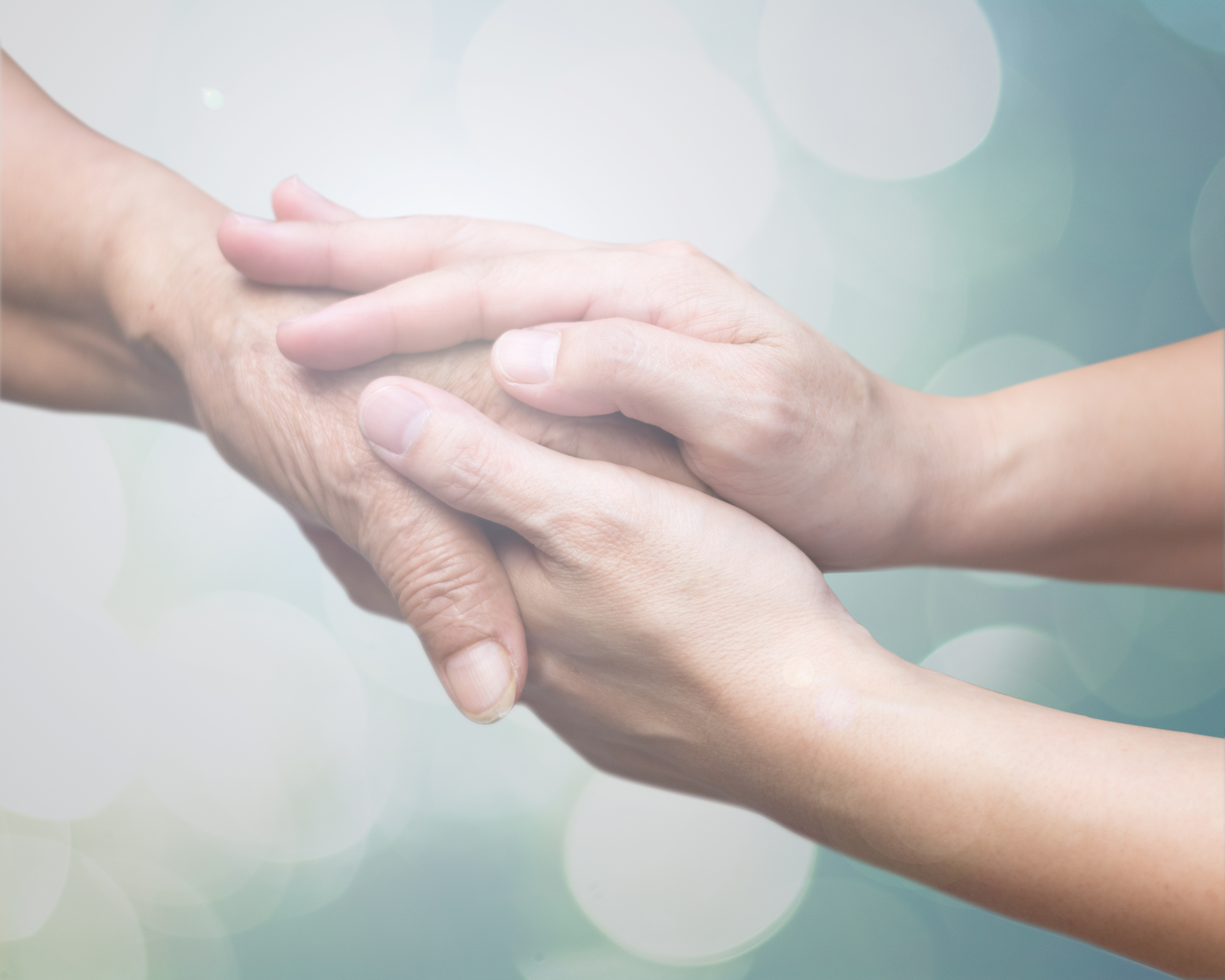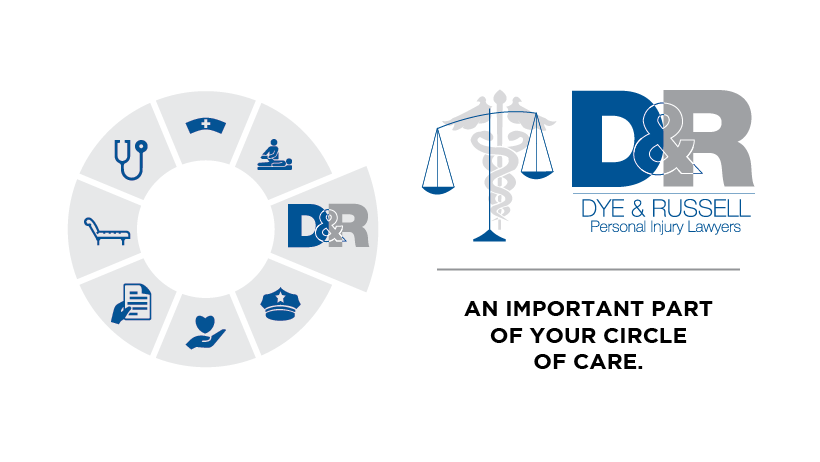As we grow older how we feel about our ability to drive shifts. When you get your driver’s license for the first time you get a new sense of freedom and independence. As an adult the privilege of being behind the wheel is one many of us rely on. Also, as you age more and more your driver’s license becomes a valued symbol of self-sufficiency.
However, aging can come with a number of common physical changes that can make driving increasingly difficult and eventually dangerous. Stiff joints and weaker muscles can make it harder to turn your head, brake in a safe manner, or turn the steering wheel quickly enough. Reduced quality of eyesight and hearing can become dangerous when it comes to taking in visual and auditory signals on the road. Also, slowed reflexes and side effects from medications can impact your driving ability.
If a loved one of yours is becoming an unsafe driver due to age, having a conversation with them about turning in their keys for good can be a difficult conversation to have. Following some of these tips might help make it smoother:
Avoid confrontational language
When initiating a conversation with an elderly loved one about their ability to drive it can be easy for them to feel like a calling-out of their deteriorating ability to drive is an attack rather than an expression of care and concern. Make sure to emphasize your concern. When deciding what you will say and how you will say it, structure your statements referencing yourself more than them.
Focus on safety
After a lifetime of driving to everything they love, feeling a push to give up driving can also feel like a push to give up everything else they love. Make it clear that the focus in getting them to stop driving is on safety, and that they can still continue doing the things they love.
Have alternatives prepared
Offering reliable alternatives instead of driving can make prospects of them giving up driving not as daunting. It’s possible that they may not be aware of what is available to them. Help them find more information if needed to start using alternative modes of transportation or, if possible, help by driving them.
Use specifics and multiple voices
You want your loved one to take this conversation seriously. Avoid sounding like one person nagging. If multiple people have concerns let them come together with you on this to show your elderly loved one that they have a group of people who care about them and are concerned about their safety. Also, when having the conversation voice generalizations less and offer specific examples instead.
Show empathy
This is likely a difficult conversation for your loved one to have or thing for them to hear. Make sure to approach the conversation with an empathetic view of how they may be feeling when facing these prospects. Be supportive, show respect and offer positivity.
If you have been injured, and need legal assistance, call #1000 on your cell phone for free. We will offer you a free claim assessment.











